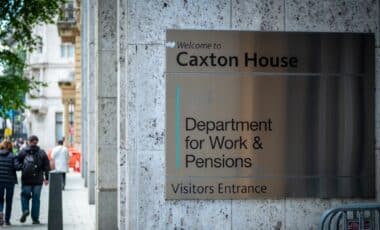Pupils in some English secondary schools could soon enjoy a two-week autumn half-term break starting in 2025, as reported by Birmingham Live. This pilot scheme, being trialled by the Enrich Learning Trust in Norfolk, seeks to respond to increasing parental requests for more affordable holiday options outside peak travel seasons. To balance the school calendar, the academic year would be adjusted by slightly lengthening school days.
A New Calendar To Ease Financial Pressure On Families
The planned shift is motivated in part by the rising costs of family holidays during traditional school breaks. According to James Gosden, executive headteacher at North Walsham High School, families are increasingly seeking authorised absences for holidays:
“This would provide an opportunity for parents and carers to access cheaper holidays.”
By extending the autumn half term from one to two weeks, schools hope to offer a practical solution. At the same time, they intend to maintain the Department for Education’s minimum requirement for annual teaching hours, compensating the extra week off with slightly longer daily schedules.
The initiative is currently limited to a pilot programme in selected schools such as North Walsham High School and Long Stratton High School. Should the pilot prove successful, it may be adopted more widely by other trusts exploring similar adjustments.
Concerns About Academic Integrity And Student Fatigue
Not all educators and stakeholders are supportive of this reform. Chris McGovern, chairman of the Campaign for Real Education, raised concerns about the long-term effects on academic standards. He commented:
“We need to be upping the academic demands on children. This is dumbing down.”
McGovern also questioned the logic of lengthening individual school days:
“Children need to have shorter lessons, rather than longer lessons. They get tired during the day.”
He further elaborated:
“They have to provide a minimum number of hours per year, so in theory they could just make days longer and longer and the number of days shorter and shorter. Education is not about making life easier for teachers – it’s what’s in the best interests for children.”
His comments reflect a broader debate within the UK education community about how to balance educational rigour with the personal and financial needs of families and staff.
Divergent Views Among Parents And Educators
Reactions from parents have been mixed. Some welcome the idea as a way to reduce costs and increase flexibility. Others, however, are concerned about childcare arrangements, disruption to routines, and the real educational benefit of the change.
One parent told Mail Online:
“It’s ridiculous. October isn’t when most families are taking holidays. I was against this because I don’t see how it’s going to benefit my kids. I’ve also got to make arrangements for them on these days, while teachers get more time off.”
This highlights the complexity of changing term times, which not only affects learning schedules but also has implications for family logistics, employment leave patterns, and teacher workloads.









